What could be the result if the biomembranes were permeable ?
Step-by-Step Solution:
1. Understanding Biomembranes: Biomembranes, particularly the cell membrane, are selectively permeable. This means they allow certain substances to pass while restricting others.
Hint: Think about what "selectively permeable" means in terms of substance movement.
2. Consequences of Full Permeability: If biomembranes were fully permeable, they would allow all substances, including ions, water, and larger molecules, to enter and exit the cell without any regulation.
Hint: Consider what would happen if there were no restrictions on what could enter or leave a cell.
3. Disruption of Homeostasis: The balance of ions and water within the cell would be disrupted. This balance is crucial for maintaining homeostasis, which is essential for the cell's survival and function.
Hint: Reflect on why maintaining a stable internal environment is vital for cells.
4. Impact on Cellular Functions: For example, in nerve cells, the transmission of nerve impulses relies on the concentration gradients of ions. If the membrane was fully permeable, these gradients would be lost, impairing the nerve cells' ability to function properly.
Hint: Think about how nerve signals are transmitted and what might happen if the necessary conditions for this process are altered.
5. Potential for Pathogen Invasion: A fully permeable membrane would also allow pathogens and toxins to enter the cell freely. This could lead to infections and cellular damage, as these harmful substances could multiply within the cell.
Hint: Consider the role of the cell membrane in protecting the cell from harmful external agents.
6. Consequences for Organisms: The overall effect of fully permeable biomembranes would be detrimental to all organisms with cell membranes. This could lead to cell death and, consequently, the death of the organism.
Hint: Think about the importance of cell membranes in the survival of different types of organisms.
7. Role in ATP Generation: The cell membrane is also crucial for ATP generation, particularly in mitochondria, where a concentration gradient is necessary for ATP synthesis. If the membrane were fully permeable, this process would be severely affected.
Hint: Recall how ATP is produced and the importance of concentration gradients in this process.
Summary
If biomembranes were fully permeable, it would disrupt homeostasis, impair cellular functions (especially in nerve cells), allow pathogens to invade, and ultimately threaten the survival of the organism. The selective permeability of cell membranes is essential for maintaining the necessary conditions for life.
If biomembranes were fully permeable, it would disrupt homeostasis, impair cellular functions (especially in nerve cells), allow pathogens to invade, and ultimately threaten the survival of the organism. The selective permeability of cell membranes is essential for maintaining the necessary conditions for life.
Topper's Solved these Questions
- CELL : THE UNIT OF LIFE BOOK - PRADEEPCHAPTER - CELL : THE UNIT OF LIFE EXERCISE - ADDITIONAL QUESTIONS (LONG ANSWER QUESTIONS )
66 Videos
- CELL : THE UNIT OF LIFE BOOK - PRADEEPCHAPTER - CELL : THE UNIT OF LIFE EXERCISE - ANALYTICAL QUESTIONS WITH ANSWERS
20 Videos
- CELL : THE UNIT OF LIFE BOOK - PRADEEPCHAPTER - CELL : THE UNIT OF LIFE EXERCISE - ADDITIONAL QUESTIONS (VERY SHORT ANSWER QUESTIONS)
107 Videos
- BREATHING AND EXCHANGE OF GASES BOOK - PRADEEPCHAPTER - BREATHING AND EXCHANGE OF GASES EXERCISE - NOTABLE QUESTIONS
1 Videos
- CELL CYCLE AND CELL DIVISION BOOK - PRADEEPCHAPTER - CELL CYCLE AND CELL DIVISION EXERCISE - Assertion-Reason type questions
18 Videos
Similar Questions
Knowledge Check
What could be the product for the following reaction ?
 A
A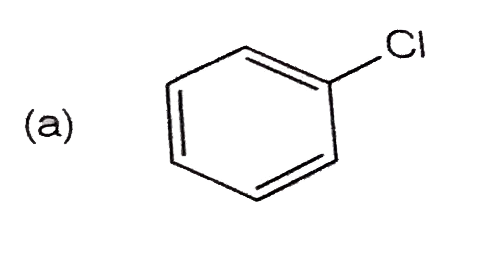 B
B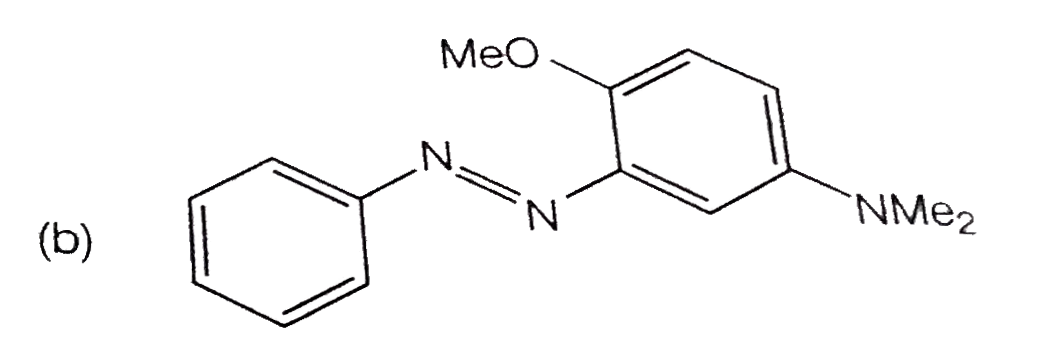 C
C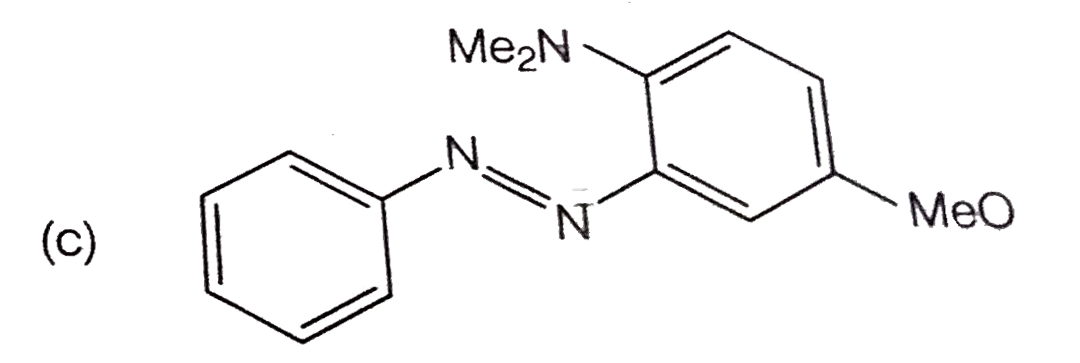 D
D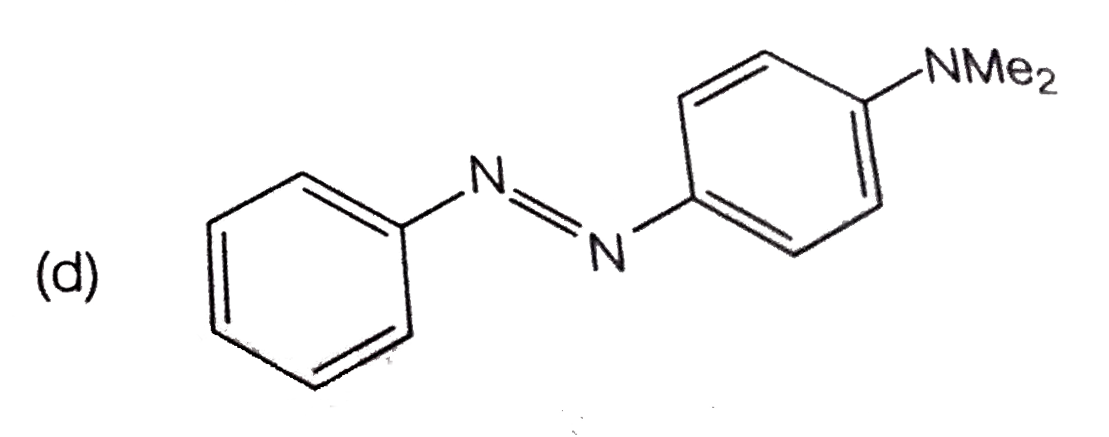
What could be the product for the following reaction ?
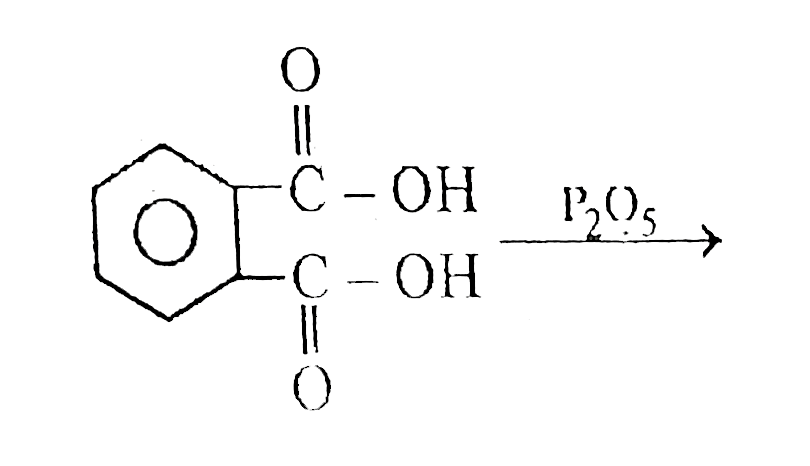 A
A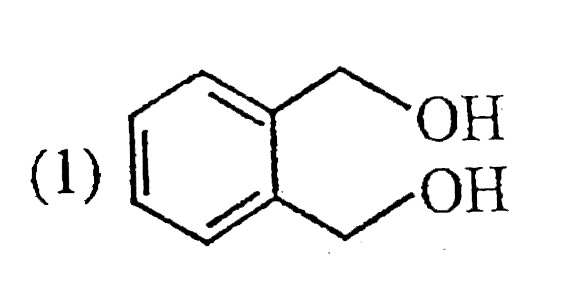 B
B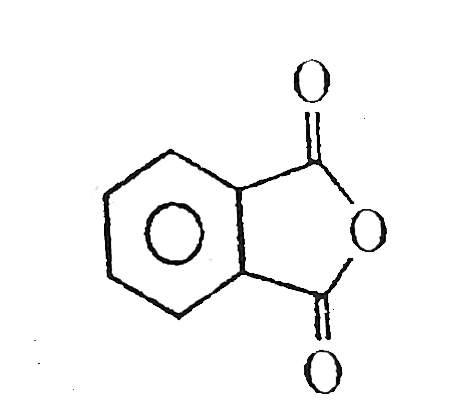 C
C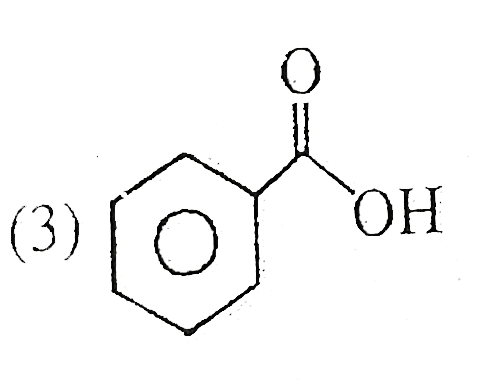 D
D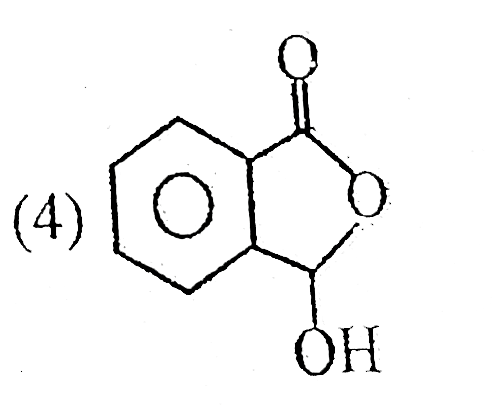
What could be the product for the following reaction ?
 A
A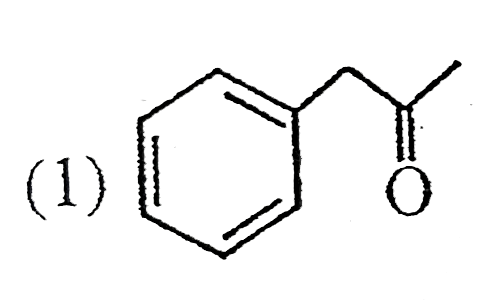 B
B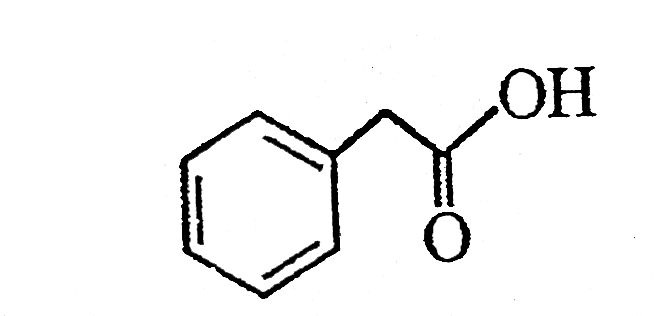 C
C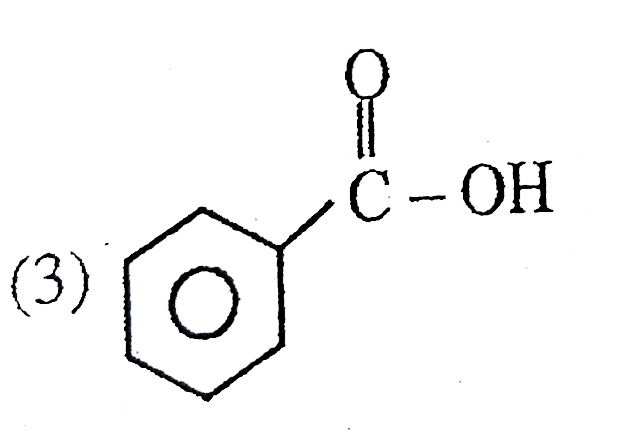 D
D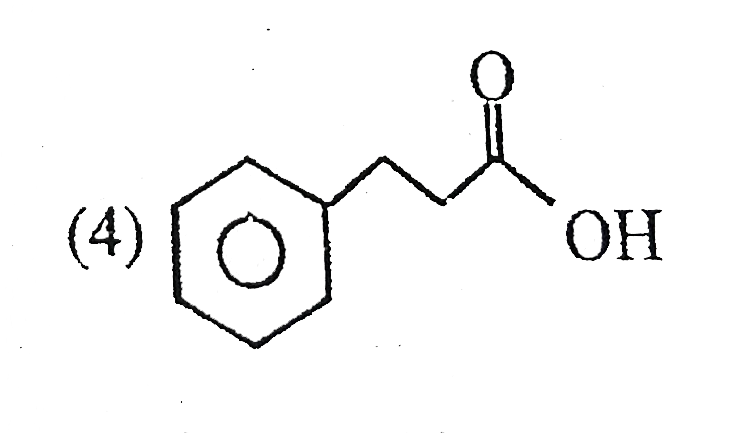
Three students measured the length of a corridor and reported their measurements. The values of their measurements were different. What could be the reason for difference in their measurements? (Mention any three)
View SolutionWhich cells lack intracellular biomembranes ?
View SolutionFrmae work molecules in biomembranes are
View SolutionThe biomembrane tonoplast is:
View SolutionLipid bilayers in biomembranes are barrier to
View Solution
